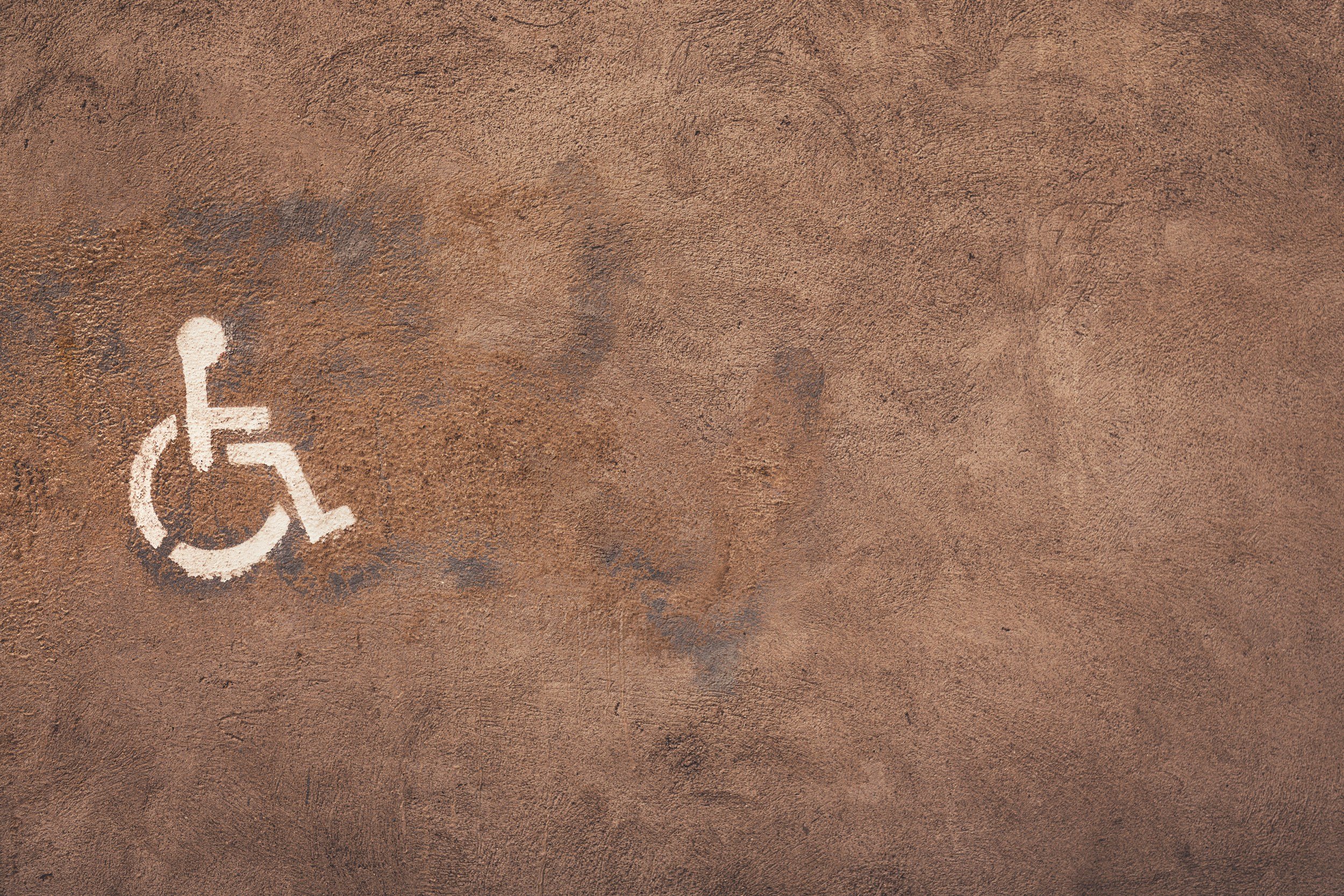What inspired you to apply for the CCYAN Fellowship?
I wanted to feel something good/positive come from living with Crohn’s.
What’s something you wish more people understood about living with IBD?
Other people feel like I am having an attitude on my face, or as egotistic, or not smiling much, or being too lazy, or too demanding at times, or sleeping in classes at unexpected times. I wish they understood this is because inside I am going through unbearable pain, fatigue, or mental and physical breakdown which is hard to explain to everyone.
What’s one piece of advice you would give to someone newly diagnosed with IBD?
It might be very difficult to make peace with yourself and come to an understanding that it is a lifelong journey, but the earlier you can try to find acceptance, the better. Usually everyone has a tendency to hide the diagnosis on the note “how will others take it?,” but it’s our life, and it's only for us it is that we are the center of the show – for others it is just passing news, and not as big a deal as we may think.
How has your experience with IBD shaped you (personally, professionally, or both!)?
First of all surviving with IBD is not at all easy, you have to put double or triple efforts compared to others to reach the same place! But now when I look back, I see:
1) As a doctor, I am more empathetic than others my age. People feel safe with me to share their concerns, and they feel heard and understood when interacting with me.
2) Since there were a lot of extreme lows in life, I know who the genuine people in my life are, and who will stay with me no matter what. Without IBD, I wouldn’t be able to come to this awareness this fast.
3) I was a very ordinary girl, a so-called good girl with a lot of fears inside, blindly following the rules laid down by the society. IBD has forced me to come out of it, break the rules if necessary, and to live my life on my own terms. In that way, IBD has given me a lot of freedom, or taught me what freedom is.
4) Since IBD puts you through a lot of difficulties, my brain has become wired to get any tasks done in the easiest and simplest manner, so that my healthy friends feel that I am very cool. IBD has improved my patience, resilience, and perseverance.
What’s one way (big or small) you’ve advocated for yourself as an IBD patient that you’re proud of?
I got diagnosed with IBD when I was in my late teens, I was told to keep the diagnosis a secret by my family. There was a male nurse (who did my first colonoscopy) who told my father that the diagnosis would turn out to be a serious issue when I get married. After a few years, when I had a lot of flares, I decided to stop keeping it a secret. This decision brought more ease to my life and my parent’s life – it was more like getting liberated.
As someone with IBD, what’s one thing someone (a friend, family member, partner, teacher, doctor, etc.) has said or done that made you feel supported or understood?
My boyfriend is a big support – even when I go through weight fluctuations, he has never once made me feel bad. Instead, he has taken me to different places and taught me to enjoy life and not restrict it because of IBD. When we share our plate at fancy restaurants, he will usually have all the fiber stuff on the plate so I can have the parts without fiber and will get a chance to try every food I want to.
A former principal in my ayurveda college was the only person at school who knew about my diagnosis back then. He checked on me from time to time, and inquired if I was feeling tired or low. At the same time, the diagnosis was a safe secret with him, the way I wanted it to be. Once when I was going through a flare, he told me to make a list of people of whom I felt hurt and forgive them, so that I feel less burdened from inside.
What is your favourite book, movie, or tv series, and why?
I like the TV series “Friends,” it's fun to watch, because it is inclusive to everyone, feels comforting, connecting, and simple.
What is your favourite way to relax or unwind?
Watch a movie, spend time with friends or some family members, go for walks in the early mornings or in the moonlight, eat good food, and go on trips. I also love to stay cosy in my bed.
What’s your favourite song, band, or musical artist?
A.R. Rahman
Do you collect anything? If so, what and why?
I collect quotes/lines from books that I find interesting, it gives me some strength.
If you could have any superpower, what would it be?
Sometimes I wish I could eat whatever I want without having to go through any pain. A few days before my surgery (I used to vomit even when I take water), I asked the surgeon if I would be able to eat a biriyani right after surgery!






















